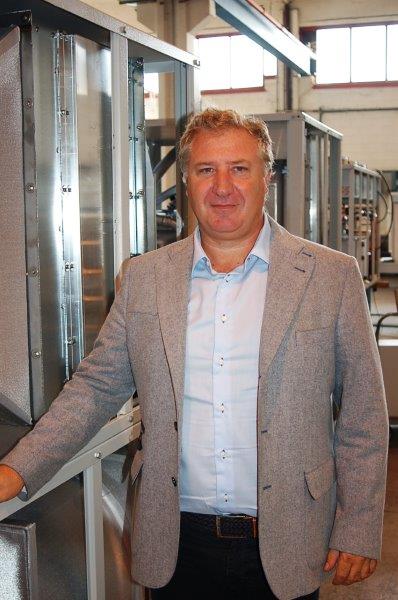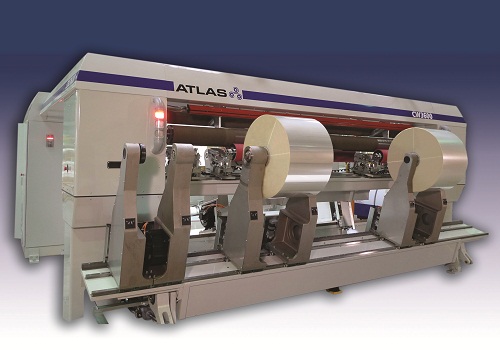 Biorenewable products, like bio-plastic, could help bring industry and jobs to Southside, scientists said. “This industry is growing really fast,”
Biorenewable products, like bio-plastic, could help bring industry and jobs to Southside, scientists said. “This industry is growing really fast,”
said Egle Thomas, director of business development at the Institute for Advanced Learning and Research.
Thomas held up a prescription bottle to attendees of The Network’s first lunch meeting Tuesday. She said a company called the Institute looking for partners in the region to make a “green” or bio-based plastic bottle.
Many venture capital-funded companies right now are looking for partners in developing biorenewable products and are specifically looking for pilot plants to demonstrate their technology and its possible applications, she said.
This is one reason why The Network is trying to build relationships between industry, entrepreneurs, scientists, economic developers and growers — to make it easier for the region to collaborate on growing these projects.
DanChem Technologies Inc., a Danville specialty chemical products manufacturer, is working with two start-up companies that are using plant-based chemicals, said Wayne Smith, vice president of technology and commercial development.
DanChem mostly manufactures polymers, which can be used in plastics, coatings or other products, on a contractual basis for different customers. Traditionally, plastics are made with synthetic polymers derived from petroleum.
Both Smith and Randy Rayborn, director of technology for DanChem, foresee plastics moving away from petroleum.
“If you’re going to be sustainable … you have to find something you can renew, reuse,” Smith said.
Much attention has been paid to biofuels, but biochemicals and bioplastics could be an even better market, he added. Everything just depends on the economics of developing such products. Often, biopolymers are used in combination with synthetic polymers or additives.
DanChem has room to add more manufacturing plants at its facility and believes the region has the right resources to attract biorenewable product-makers, Smith said.
“We’ve got plenty of talent that could give them a reason to come here,” he said.
Generally, there is a movement where corporations are moving toward using less petroleum, said Charity Pennock, program manager at Southern Growth Policies Board, a regional economic development think tank based in Research Triangle Park, N.C.
“We see the bio-economy in general, which includes transportation fuels, power generation and consumer products, as an opportunity for rural economic development in the South,” Pennock said.
For more information about The Network, email [email protected] or call (434) 766-6717. The Network will have lunch meetings with topics the first Tuesday of every month. The next topic will be on biomass.
Source : www2.godanriver.com





